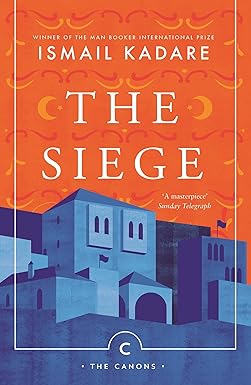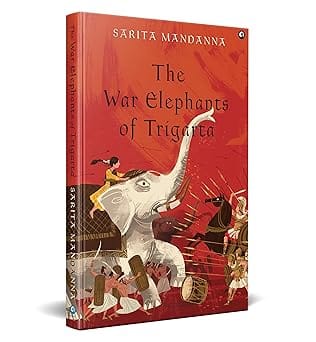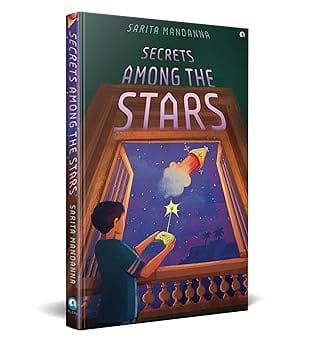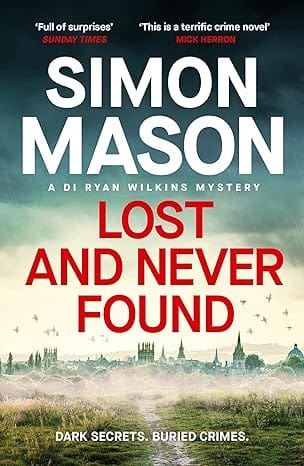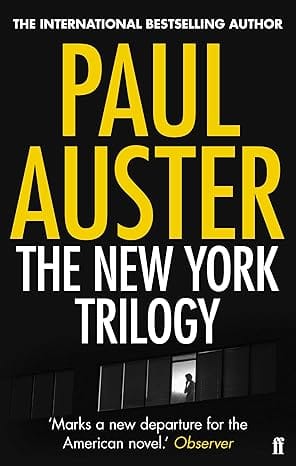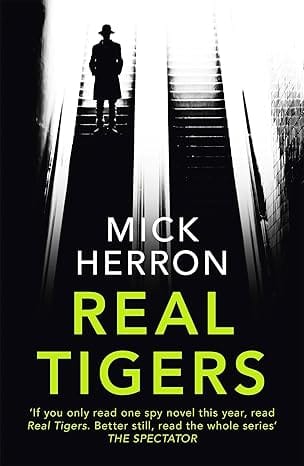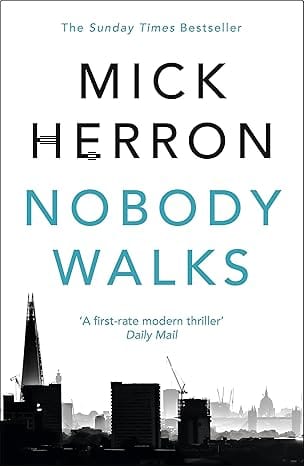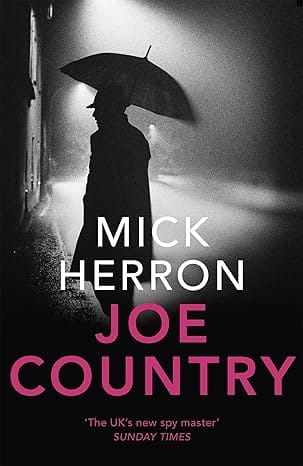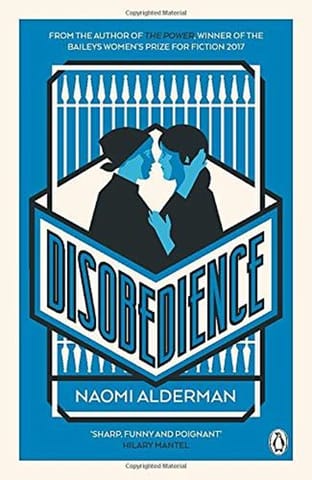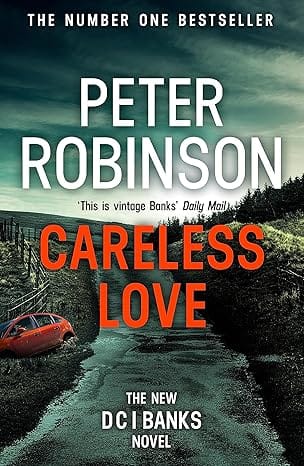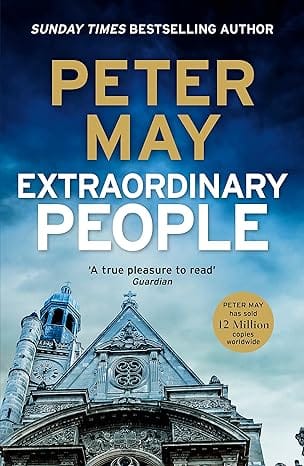WELCOME TO MIDLAND BOOK SHOP!
SHOP FOR
- Non-ficton
- Non-ficton
- Contemporary Fiction
- Contemporary Fiction
- Children
- Children
- Comics & Graphic Novels
- Comics & Graphic Novels
- Non-Fiction
- Non-Fiction
- Fiction
- Fiction
Shop No.20, Aurobindo Palace Market, Hauz Khas, Near Church +91 9818282497 | 011 26867121 110016 New Delhi IN
Midland The Book Shop ™
Shop No.20, Aurobindo Palace Market, Hauz Khas, Near Church +91 9818282497 | 011 26867121 New Delhi, IN
+919871604786 https://www.midlandbookshop.com/s/607fe93d7eafcac1f2c73ea4/69426f22d817d650d08637b3/black-yellow-simple-bold-youtube-channel-logo-400-x-100-px--480x480.png" [email protected]9781847671226 677bc5468f3821003237102e The Siege https://www.midlandbookshop.com/s/607fe93d7eafcac1f2c73ea4/677bc5478f38210032371036/71bo6ykpvql-_sy385_.jpg 9781847671226
In the early fifteenth century, as winter falls away, the people of Albania know that their fate is sealed. They have refused to negotiate with the Ottoman Empire, and war is now inevitable. Soon enough dust kicked up by Turkish horses is spotted from a citadel. Brightly coloured banners, hastily constructed minarets and tens of thousands of men fill the plain below. From this moment on, the world is waiting to hear that the fortress has fallen. The Siege tells the enthralling story of the weeks and months that follow – of the exhilaration and despair of the battlefield, the constantly shifting strategies of war, and those whose lives are held in balance, from the Pasha himself to the technicians, artillerymen, astrologer, blind poet and harem of women that accompany him. Brilliantly vivid, as insightful as it is compelling, The Siege is an unforgettable account of the clash of two great civilisations. As a portrait of war, it resonates across the centuries and confirms Ismail Kadare as one of our most significant writers.
Review
It is Kadare's greatest achievement to create individuals who are at the same time archetypes. The background is powerfully atmospheric: the bustle of the camp . . . is vividly rendered [and] technical details of of undermining and siege engines are fascinating, marvels of hideously misdirected ingenuity. -- Jane Jakeman ? * Times Literary Supplement * Published On: 2008-05-30
One of the most important voices in literature today . . . A gritty, meaty look at what happens when two tribes go to war . . . -- Alan Chadwick ? * Metro *
Composed with grace and economy throughout, it is as relevant now as it was nearly four decades ago . . . Kadare's attention to detail is remarkable - he describes the tiniest detail . . . as if it is a symbol of timeless beauty. -- Rodge Glass ? * Herald * Published On: 2008-05-31
There are very few writers alive today with the depth, power and resonance of this remarkable novelist, regularly cited as a Nobel Prize contender . . . On no account must this be missed. ? * Herald *
One of the great writers of our time. ? * Scotsman *
Extraordinary: an epic with the force of myth and the delicacy of a miniature . . . You could read The Siege every year for a lifetime and find something new each time. There seems no reason to refrain from calling this ideal collaboration between author and translator a masterpiece. -- Jane Shilling ? * Sunday Telegraph * Published On: 2008-06-08
Kadare operates by packing a slender plot with dread and uncertainty . . . [he] is always skilled at conjuring the fearfulness of people and surroundings that cannot be known. The atmospherics are insistent and fateful, like film noir. ? * Independent * Published On: 2008-06-06
One of the most important voices in literature today . . . A gritty, meaty look at what happens when two tribes go to war . . . -- Alan Chadwick ? * Metro *
Composed with grace and economy throughout, it is as relevant now as it was nearly four decades ago . . . Kadare's attention to detail is remarkable - he describes the tiniest detail . . . as if it is a symbol of timeless beauty. -- Rodge Glass ? * Herald * Published On: 2008-05-31
There are very few writers alive today with the depth, power and resonance of this remarkable novelist, regularly cited as a Nobel Prize contender . . . On no account must this be missed. ? * Herald *
One of the great writers of our time. ? * Scotsman *
Extraordinary: an epic with the force of myth and the delicacy of a miniature . . . You could read The Siege every year for a lifetime and find something new each time. There seems no reason to refrain from calling this ideal collaboration between author and translator a masterpiece. -- Jane Shilling ? * Sunday Telegraph * Published On: 2008-06-08
Kadare operates by packing a slender plot with dread and uncertainty . . . [he] is always skilled at conjuring the fearfulness of people and surroundings that cannot be known. The atmospherics are insistent and fateful, like film noir. ? * Independent * Published On: 2008-06-06
About the Author
Born in 1936, Ismail Kadare is Albania's best-known poet and novelist. Translations of his novels have appeared in more than forty countries. In 2005 he was awarded the first Man Booker International Prize for 'a body of work written by an author who has had a truly global impact'. He is the recipient of the highly prestigious 2009 Principe de Asturias de las Letras in Spain.
David Bellos, Director of the Program in Translation at Princeton University, is also the translator of Georges Perec's Life A User's Manual and a winner of the Goncourt Prize for biography. He has translated seven of Ismail Kadare's novels, and in 2005 was awarded the Man Booker International Prize for his translations of Kadare's work.
David Bellos, Director of the Program in Translation at Princeton University, is also the translator of Georges Perec's Life A User's Manual and a winner of the Goncourt Prize for biography. He has translated seven of Ismail Kadare's novels, and in 2005 was awarded the Man Booker International Prize for his translations of Kadare's work.
out of stock INR 479
Ismail Kadare
1 1
Email ID already exists!
Your Current password is incorrect
Password Updated Successfully
Thanks for your Feedback
The Siege
ISBN: 9781847671226
₹479
₹599 (20% OFF)SIZE GUIDE
Back In Stock Shortly - Fill The Book Request Form
Sold By: Hauz Khas - Aurobindo Market
Details
- ISBN: 9781847671226
- Author: Ismail Kadare and David Bellos
- Publisher: Canongate Books
- Pages: 337
- Format: Paperback
Book Description
In the early fifteenth century, as winter falls away, the people of Albania know that their fate is sealed. They have refused to negotiate with the Ottoman Empire, and war is now inevitable. Soon enough dust kicked up by Turkish horses is spotted from a citadel. Brightly coloured banners, hastily constructed minarets and tens of thousands of men fill the plain below. From this moment on, the world is waiting to hear that the fortress has fallen. The Siege tells the enthralling story of the weeks and months that follow – of the exhilaration and despair of the battlefield, the constantly shifting strategies of war, and those whose lives are held in balance, from the Pasha himself to the technicians, artillerymen, astrologer, blind poet and harem of women that accompany him. Brilliantly vivid, as insightful as it is compelling, The Siege is an unforgettable account of the clash of two great civilisations. As a portrait of war, it resonates across the centuries and confirms Ismail Kadare as one of our most significant writers.
Review
It is Kadare's greatest achievement to create individuals who are at the same time archetypes. The background is powerfully atmospheric: the bustle of the camp . . . is vividly rendered [and] technical details of of undermining and siege engines are fascinating, marvels of hideously misdirected ingenuity. -- Jane Jakeman ? * Times Literary Supplement * Published On: 2008-05-30
One of the most important voices in literature today . . . A gritty, meaty look at what happens when two tribes go to war . . . -- Alan Chadwick ? * Metro *
Composed with grace and economy throughout, it is as relevant now as it was nearly four decades ago . . . Kadare's attention to detail is remarkable - he describes the tiniest detail . . . as if it is a symbol of timeless beauty. -- Rodge Glass ? * Herald * Published On: 2008-05-31
There are very few writers alive today with the depth, power and resonance of this remarkable novelist, regularly cited as a Nobel Prize contender . . . On no account must this be missed. ? * Herald *
One of the great writers of our time. ? * Scotsman *
Extraordinary: an epic with the force of myth and the delicacy of a miniature . . . You could read The Siege every year for a lifetime and find something new each time. There seems no reason to refrain from calling this ideal collaboration between author and translator a masterpiece. -- Jane Shilling ? * Sunday Telegraph * Published On: 2008-06-08
Kadare operates by packing a slender plot with dread and uncertainty . . . [he] is always skilled at conjuring the fearfulness of people and surroundings that cannot be known. The atmospherics are insistent and fateful, like film noir. ? * Independent * Published On: 2008-06-06
One of the most important voices in literature today . . . A gritty, meaty look at what happens when two tribes go to war . . . -- Alan Chadwick ? * Metro *
Composed with grace and economy throughout, it is as relevant now as it was nearly four decades ago . . . Kadare's attention to detail is remarkable - he describes the tiniest detail . . . as if it is a symbol of timeless beauty. -- Rodge Glass ? * Herald * Published On: 2008-05-31
There are very few writers alive today with the depth, power and resonance of this remarkable novelist, regularly cited as a Nobel Prize contender . . . On no account must this be missed. ? * Herald *
One of the great writers of our time. ? * Scotsman *
Extraordinary: an epic with the force of myth and the delicacy of a miniature . . . You could read The Siege every year for a lifetime and find something new each time. There seems no reason to refrain from calling this ideal collaboration between author and translator a masterpiece. -- Jane Shilling ? * Sunday Telegraph * Published On: 2008-06-08
Kadare operates by packing a slender plot with dread and uncertainty . . . [he] is always skilled at conjuring the fearfulness of people and surroundings that cannot be known. The atmospherics are insistent and fateful, like film noir. ? * Independent * Published On: 2008-06-06
About the Author
Born in 1936, Ismail Kadare is Albania's best-known poet and novelist. Translations of his novels have appeared in more than forty countries. In 2005 he was awarded the first Man Booker International Prize for 'a body of work written by an author who has had a truly global impact'. He is the recipient of the highly prestigious 2009 Principe de Asturias de las Letras in Spain.
David Bellos, Director of the Program in Translation at Princeton University, is also the translator of Georges Perec's Life A User's Manual and a winner of the Goncourt Prize for biography. He has translated seven of Ismail Kadare's novels, and in 2005 was awarded the Man Booker International Prize for his translations of Kadare's work.
David Bellos, Director of the Program in Translation at Princeton University, is also the translator of Georges Perec's Life A User's Manual and a winner of the Goncourt Prize for biography. He has translated seven of Ismail Kadare's novels, and in 2005 was awarded the Man Booker International Prize for his translations of Kadare's work.
User reviews
NEWSLETTER
Subscribe to get Email Updates!
Thanks for subscribing.
Your response has been recorded.

India's Iconic & Independent Book Store offering a vast selection of books across a variety of genres Since 1978.
"We Believe In The Power of Books" Our mission is to make books accessible to everyone, and to cultivate a culture of reading and learning. We strive to provide a wide range of books, from classic literature, sci-fi and fantasy, to graphic novels, biographies and self-help books, so that everyone can find something to read.
Whether you’re looking for your next great read, a gift for someone special, or just browsing, Midland is here to make your book-buying experience easy and enjoyable.
We are shipping pan India and across the world.
For Bulk Order / Corporate Gifting
 +91 9818282497 |
+91 9818282497 |  [email protected]
[email protected]
Click To Know More
INFORMATION
QUICK LINKS
ADDRESS
Midland Book Shop - Hauz Khas
Shop No.20, Aurobindo Palace Market, Near Church, New Delhi
Shop No.20, Aurobindo Palace Market, Near Church, New Delhi

